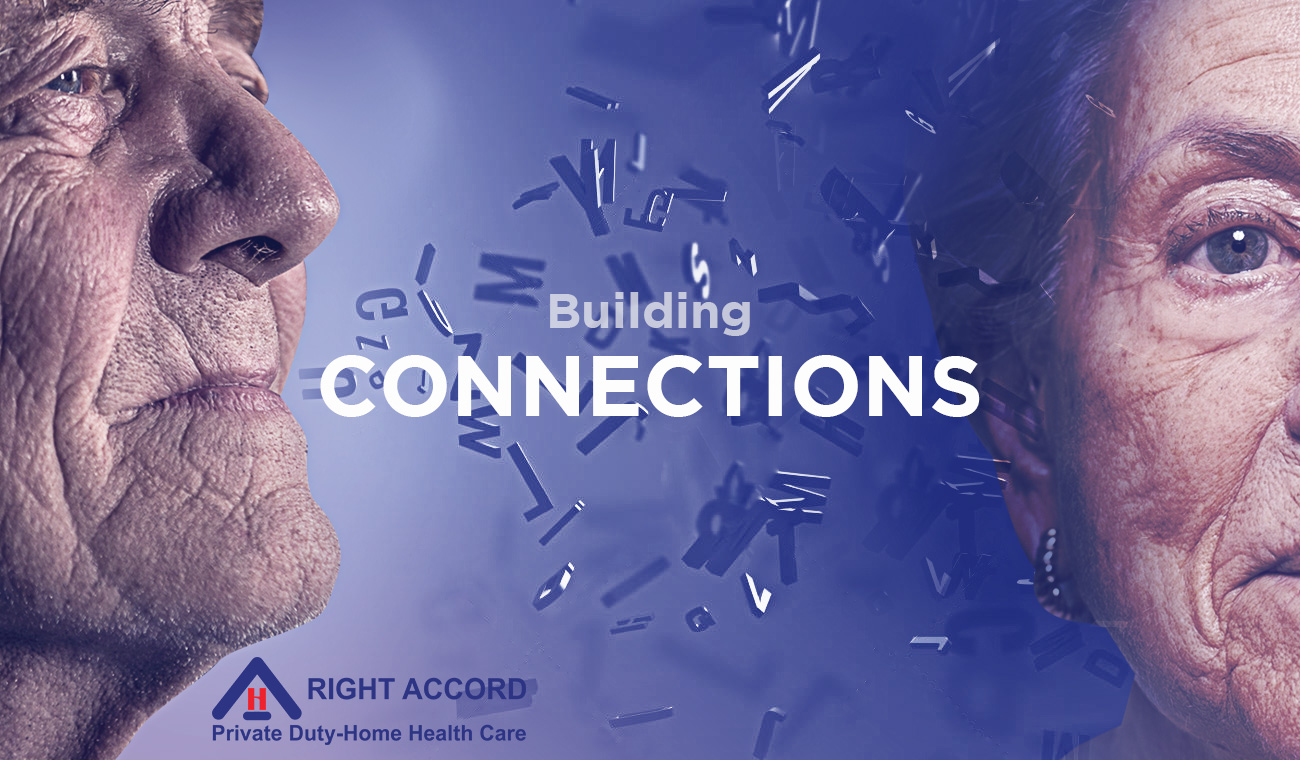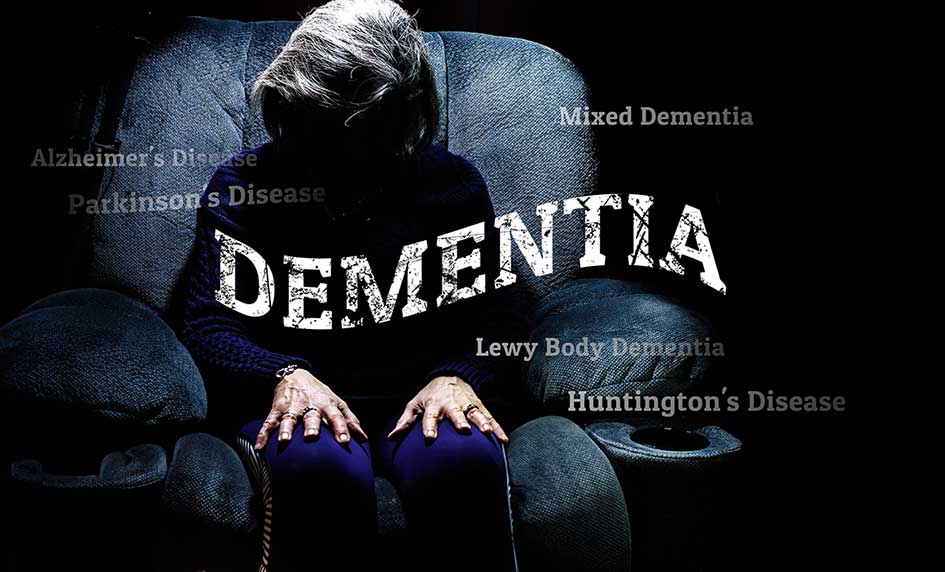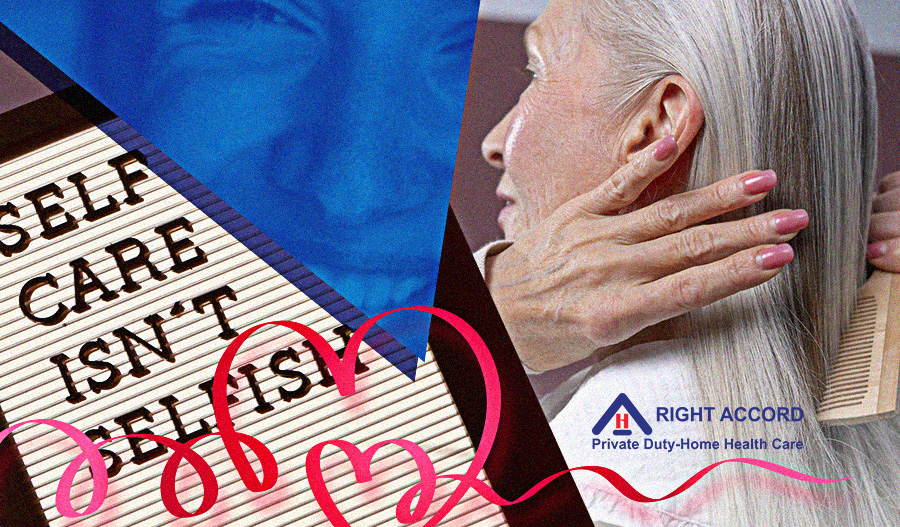· 7 min read
6 Effective Ways to Improve Hearing and Speech Impairments on Elderly
Hearing and speech are such vital components of human life and communication. This May is Hearing and Speech month and this months theme focuses on building connections.

By: Rosemarie Tamunday Casanova — RN, BSN, MHA
May is Hearing and Speech month and this months theme focuses on “Building Connections”. Hearing and speech are such vital components of human life and communication so much so that the American Speech Language Hearing Association runs with the ultimate goal of making effective communication a human right that is accessible to everyone.
Currently, in the United States of America alone, 46 million people are living with some form of hearing or speech impairment and about 17.9 million people are challenged by a type of voice problem.
These impairments and health challenges have their effects in the long run, hence the need to address them and create the much needed awareness yearly. The more reason for this is the World Health Organization’s (WHO) report released not so long ago, a first of its kind. In this report, the WHO projects that by the year 2050, 1 out of every 4 persons in the world will have experienced hearing loss at one time in their lives.
Hearing and speech problems affect adults and children alike and in many cases, people grow into adulthood with hearing and speech difficulties that they acquired from childhood. These conditions affect quality of life and are a serious cause for concern.
Some Concerns Which come with Hearing and speech difficulties

Photo by William Krause on Unsplash
Safety
It is important to be able to hear warning sounds: a hissing snake in the garden, the smoke and fire alarm at home or at work , the neighbour calling out for help or the hurricane alarm sounding. These , as well as many other warning signs , were put in place to help us be proactive and stay ahead of situations that portend danger.
But it becomes a problem — as it is with people with hearing and speech problems— when these warning signs are not noticed, it puts the individual in harms way.
Productivity
A lot of our productivity at work and in our various professions is tied to how well and effectively we can communicate across board with colleagues and clients. Effective communication makes the passage of information fluid and seamless. It helps us evaluate, gauge and register our plans, concerns and progress in work places. Any difficulty in doing so will hamper productivity. Over 2,400 people were questioned in a study carried out by YouGov.
In that exercise, 44% of adults expressed concern that if in any event their hearing or speech is affected, their productivity would be greatly reduced at work. Another 37% were certain that if the same happened to them they would be outrightly out of work.
Socialization
Another aspect of life that is of great concern to people with hearing and speech challenges is how they can interact effectively with friends and family. Especially in this period where a lot of lockdown measures have been implemented globally to battle the spread of covid 19. More people are having to rely on the internet and telecommunication space to stay in touch with others.
Recent times have seen a rise in the use of phone calls and video calls. It then becomes a concern and sometimes a reason for embarrassment when hearing the phone ring or the voice on the other end of the line or video becomes a challenge. This social embarrassment is even worse experienced in face to face meetings as people with hearing and speech difficulties find it hard to pass their message across.
Health challenges
This aspect affects adults more than children and in particular, the elderly population. With the increased likelihood of visits to hospitals and health facilities , the instructions given by health professionals managing the elderly could be lost in communication when there is a hearing difficulty involved.
Instructions that include life style modifications and medication use and their drug interactions. Even for people who require home care and have other forms of disabling heath conditions, effectively communicating their concerns, discomfort or complaints to their home care nurse can prolong the time between discovering the cause of concern and providing the required solution or treatment.
Professional options
Having a speech or hearing difficulty can limit the professional options available to the individual. Professions that require speech, for example on-air personalities (OAPs), voice over characters , show hosts and public speaking. Also, professions that require sound appreciation such as music production are some of the many which are likely not going to be viable options, especially when these impairmemts are not managed effectively in children before they become adults.

Photo by Logan-Weaver on Unsplash
May is Hearing and speech month
This month, there are different ways we can come up with to mark the commemoration of hearing and speech month. Here are some ideas to consider:
1. Educate yourself on the subject
There are credible sources and websites that provide guides and resourceful materials on hearing and speech difficulties. The more we know about these conditions , the better we are able to appreciate the daily challenges people living with them have. It also helps to know how best to effectively communicate with them so that communication does not have to be a one way street.
2. Get a hearing examination
Book an appointment today and have a hearing test done. The earlier you know about the conditions that may be causing hearing loss should you have it, the better it is so as to more efficiently manage and adjust to them.
3. Get noise protection
It takes sound with loudness greater than 85 decibels to cause damage to the hearing sensors in the ear that transmit sound to the brain for interpretation. Sounds at this dangerous levels can sometimes be seen in work places such as construction sites or at music concerts. If there is any reason to be in such places, know that it is better to make use of noise protection to limit exposure to sound.
4. Decibel Apps
With the advent of newer technology, it is now much more easier to detect sound levels in your environment with just the use of your mobile device. Currently, there are mobile applications that can be easily downloaded from app stores which can be used to monitor the sound levels in our environment and with this, appropriate measure to protect ourselves can be taken.
5. Do not use cotton swabs/buds
Contrary to conventional acceptance, there is really no need for the use of cotton swabs to clean the ears. The ear has a self waxing system that cleans out dirt and the use of cotton swabs could be dangerous as it does not only have the potential of introducing foreign matter or bacteria into the ears but it could also traumatize and damage the eardrums. Allow the ears to clean themselves.
6. Inform and Educate others
Passing along the information gathered on hearing and speech challenges to others helps in creating further awareness. The more we understand these challenges, the easier it is for people with them to be interacted with.

Photo by Ozan Safak on Unsplash
If you have any hearing and speech disorders, understand that there are professional options available to you. See a health professional specialized in managing these conditions. They include otolaryngologists, speech therapists and speech pathologists, audiologists amongst others.
Hearing and speech disability is not the end to living as people can still reach their full potentials and productivity in spite of them. The key lies in early diagnosis and management, adequate awareness creation and in “ building connections “.



